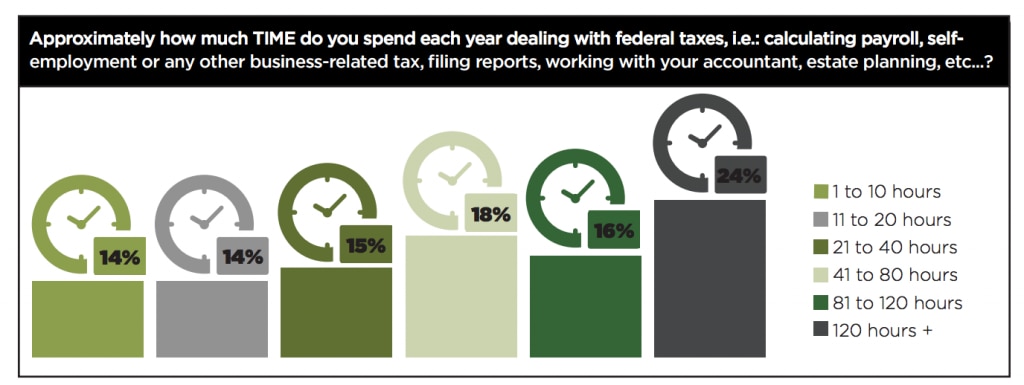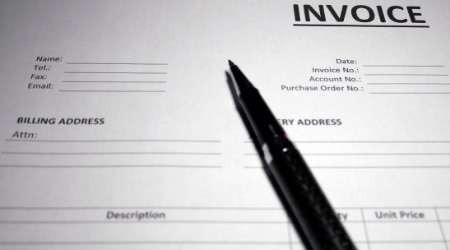2012 was a tough year for spreadsheets.
First, the London Olympics accidentally sold 20,000 tickets to a swimming event that could only accommodate 10,000. According to The Telegraph, “a member of staff made a single keystroke mistake and entered ‘20,000’ into a spreadsheet rather than the correct figure of 10,000 remaining tickets.”
That same year, J.P. Morgan Chase lost over $2 billion due to a spreadsheet error, which was compounded because a single miscalculation was fed into other calculations.
Ouch.
For many small businesses, Excel is the default choice for bookkeeping. It’s been around for ages, there are plenty of online tutorials and it’s easy to find sample accounting formulas. Best of all, you probably already have it.
And while Excel is a great place to start, the risk of broken formulas, misplaced data and lost files increases as your business grows. The more time you have to spend in a spreadsheet, the less time you have to focus on your business and the harder it will be to keep your books in order.
There’s a time and place for using spreadsheets, but if you’re still using Excel for your accounting or in your accounting practice to manage your client’s bookkeeping, it’s time to consider de-risking your bookkeeping by migrating your clients and your accounting practice to accounting software.
















